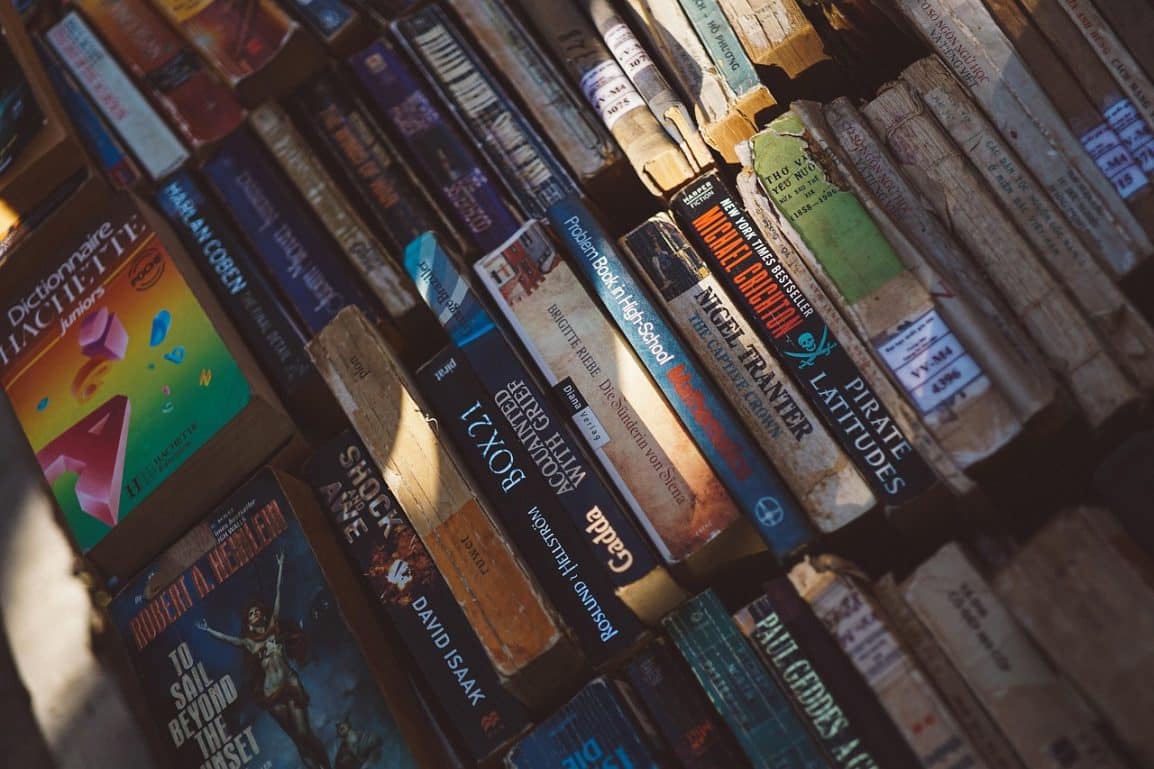What are dystopian novels?
Dystopian is referring or denoting to an imagined state or society where there is great suffering or injustice. We can also say that, in such states or societies, people lead very dehumanising, fearful, and monotonous lives.
Notable Examples
Nineteen Eighty-Four by George Orwell is one of the most popular dystopian novels, and it’s so iconic that the Oxford Dictionary recognises “Orwellian” as a synonym for dystopian. In this novel, ‘Big Brother’ is the leader of the people, and it is so well known that many people use Big Brother as a metaphorical reference to totalitarian governments.
Fahrenheit 451 by Ray Bradbury is another popular dystopian novel. It is set in a future American society where books are banned, and any book that is found will be taken by ‘firemen’ to be destroyed. It is partly inspired from Nazi Germany, where books that went against the philosophy of nazism were burnt. Also, the title, Fahrenheit 451, is said to be the optimum temperature for paper to burn.
Prophet Song by Paul Lynch also portrays a dystopia of sorts. It is set in a fictional Ireland that is slowly descending into dictatorship and tyranny. It starts with civil unrest that slowly becomes a war. The protagonist, who is a mother of four, is just trying to keep her family alive and safe amidst the conflict between the resistance and the government.
The Hunger Games Trilogy by Suzanne Collins is the most popular modern-day dystopian novel. It follows a sixteen-year-old Katniss who takes her younger sister’s place for the Games. The Hunger Games is simple: out of 24 people, kill them all to be the last one to survive. It shows the lengths governments can go to so that people do not revolt, and it does particularly well describing the various emotions a person can feel in such a setup.
What is the appeal?
Now that we understand the impact it has had, let’s understand the true appeal of such novels.
- Possible Future: Dystopian novels are a show of what our world can become if we do not work towards protecting it. It draws us in because, to some extent, we believe our lives are almost a mirror of these novels, or just a few steps away from being a mirror.
- Teen protagonists: Dystopian novels are very popular in the YA community, and that’s because they center a teenage protagonist, one who is strong and ready to fight for what they deserve, ready to fight against what they know is wrong. Such stories and protagonists inspire teens to be bold and resolute in their choices.
- But also, Hopeful Future: Most dystopias try to end on happier notes, and one that does end happily also serves as a hope for a better world for everyone. And let’s be honest, we all wish the world would be safe for all of us, and such books remind us that it will, if we have the strength to fight for the future we want.
Conclusion
Dystopian novels are great storytelling methods that are relatable, make the readers feel empowered, optimistic despite the fear, convinced in their choice of speaking out, and it make readers understand the power of their voice.
It gives people trust in their own power, their voice, and their actions. And gaining trust in your own power is something we all want.

